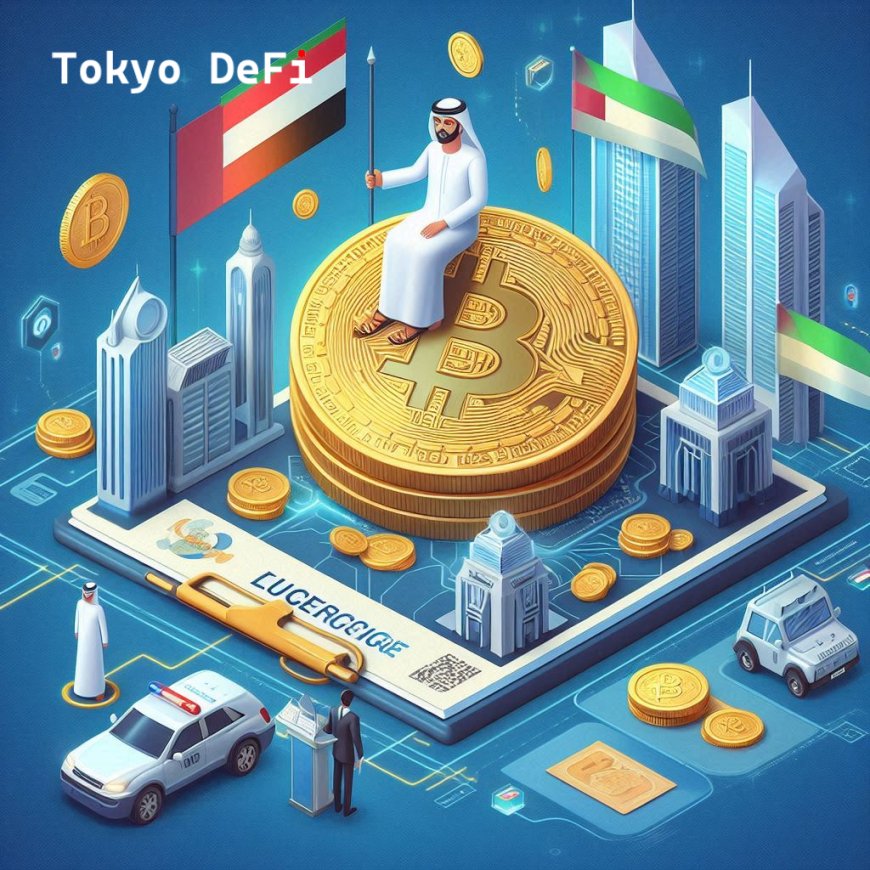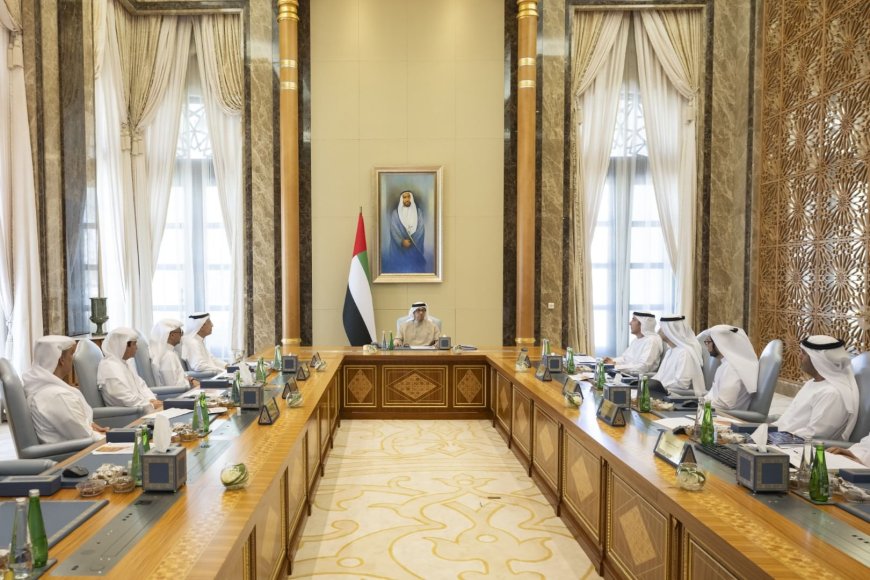UAE’s Pioneering Move: A New Dawn for Stablecoin Regulation
Discover the UAE’s groundbreaking stablecoin licensing system, a strategic step towards a robust digital economy and financial innovation.

UAE’s Central Bank Sets New Benchmark with Stablecoin Licensing System
In a landmark decision, the Central Bank of the United Arab Emirates (CBUAE) has unveiled a new licensing system for stablecoins, marking a significant stride in the nation’s digital economy and financial sector innovation. This pioneering move was announced following a high-profile meeting in Abu Dhabi, chaired by the esteemed Sheikh Mansour bin Zayed Al Nahyan, UAE vice president and chairman of the CBUAE.
Kokila Alagh, the founder of KARM Legal Consultants, highlighted that the new regulations provide a clear framework for the issuance, licensing, and supervision of dirham-backed payment tokens. This clarity is a welcome development for the burgeoning digital transaction landscape in the UAE.
A Leap Forward in Digital Transactions and Economic Growth
The approved system is part of the government’s Financial Infrastructure Transformation (FIT) program, which aims to accelerate digital transactions, drive the country’s digital economy, and foster a culture of innovation. The meeting’s attendees, including CBUAE Governor Khaled Mohamed Balama and other board members, deliberated on projects that are set to revolutionize the UAE’s financial infrastructure.
Exclusive Insights into the UAE’s Stablecoin Licensing
In an exclusive interview with Unlock Blockchain, Alagh explained that under the new regulations, payment tokens must be exclusively backed by UAE dirhams and cannot be pegged to other currencies, digital assets, or algorithms. This ensures a stable and secure environment for digital transactions, with merchants and service providers accepting only dirham-backed tokens.
 UAE central bank meeting held in Qasr Al Watan, Abu Dhabi. Source: Emirates News Agency
UAE central bank meeting held in Qasr Al Watan, Abu Dhabi. Source: Emirates News Agency
UAE’s Financial Transformation Program: A Visionary Approach
While the specifics of the meeting remain confidential, it is known that the discussion encompassed key projects under the FIT program. Notably, on February 13, the CBUAE announced its intention to issue a central bank digital currency (CBDC) as part of this initiative. The CBDC is poised to address inefficiencies in cross-border payments and spur domestic payment innovation, positioning the UAE as a competitive hub for financial and digital payments.
Dubai’s Regulatory Update: Expanding Crypto Token Recognition
In related news, the Dubai Financial Services Authority (DFSA) has updated its stablecoin recognition rules. As of June 3, the DFSA has expanded its criteria, allowing for investment in a broader range of crypto tokens, thereby enhancing the flexibility for funds operating under the Dubai International Financial Centre (DIFC).
This article is a testament to the UAE’s commitment to establishing itself as a leader in the digital financial domain, with stablecoin regulation being a critical component of its strategy. The nation’s proactive approach is setting a new standard for regulatory frameworks around the world, paving the way for a future where digital currencies play a pivotal role in economic growth and innovation.
What's Your Reaction?
































































